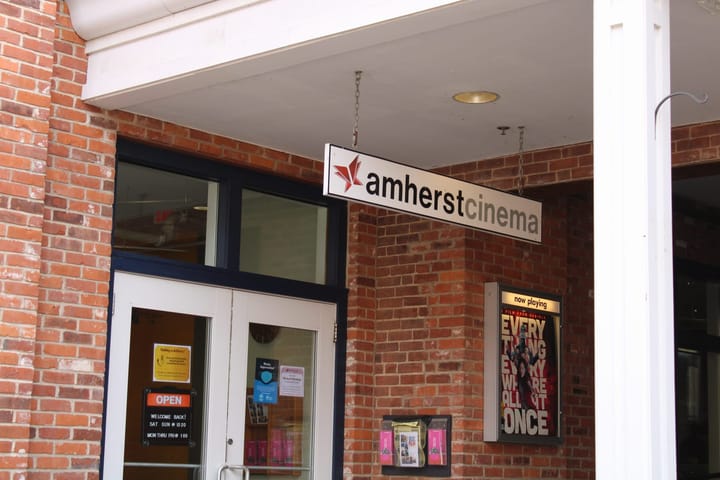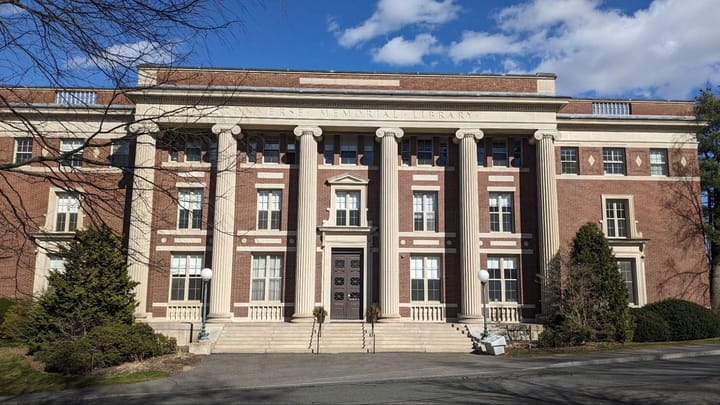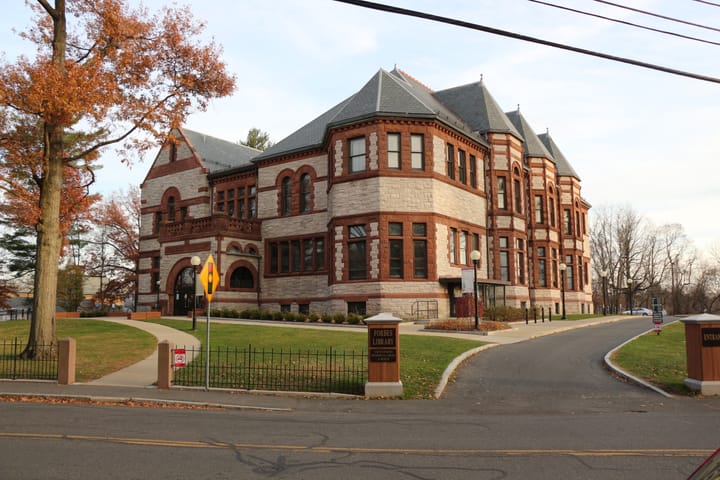College hosts Investment Conference for Students
At the conference, students heard from a number of speakers and discussed the option of having proxies to screen, or determine College investments. Such screenings would have no economic impact on the College. Rather, screenings allow the College to take an active stand regarding its business priorities, ranging from the environmental agencies to political ones.
“The beauty of SRI is that it enables investors to take responsibility for the effects of their actions while still reaping the benefits of market-level returns,” explained Altschuler.
Swarthout explained that students should be involved in determining what sorts of companies the College invests in. The College is behind other comparable schools on this issue. “Williams has a committee of faculty, students and alumni that makes recommendations to the board of trustees on how the college should vote its proxies in the companies that it trades,” said Swarthout. “Williams also publicly discloses the companies that it invests in, which [the College] does not currently do. We would like to see Amherst College establish a shareholder committee in the model of Williams’ that would bring together interested members of the community to vote Amherst’s shares.”
Currently, the College’s investments are not public information. “Presently, we do not know of any specific companies in which Amherst College invests its money,” said Altschuler. “Unfortunately, this information is not on the public record. Nonetheless, if we can extrapolate from the experiences of other schools, I think it’s fair to assume that Amherst probably invests money in companies that have not dedicated themselves to becoming socially responsible institutions.”
Swarthout and Altschuler also feel that the College is responsible for getting involved in shareholder votes. “By becoming an active shareholder, an investor, in this case, Amherst College, can express its social and environmental concerns to the companies in which it invests,” said Altschuler.
The organizers felt that the event was a success. “This conference brought together students from Amherst, Mount Holyoke, Williams, Middlebury, Boston College, Yale and Tufts to learn more about socially responsible investing, and also to talk about its prospects going forward,” said Swarthout.
Swarthout and Altschuler were unsure how the trustees will respond. “I would expect to find some sympathetic ears, but I am not sure how skeptical the traditional investment figures will be,” said Altschuler. “I would hope, however, that we would be able to engage in a positive, constructive dialogue. In truth, it doesn’t seem like we’re asking for that much. That is not to say, of course, that getting these changes effected will be easy.”





Comments ()